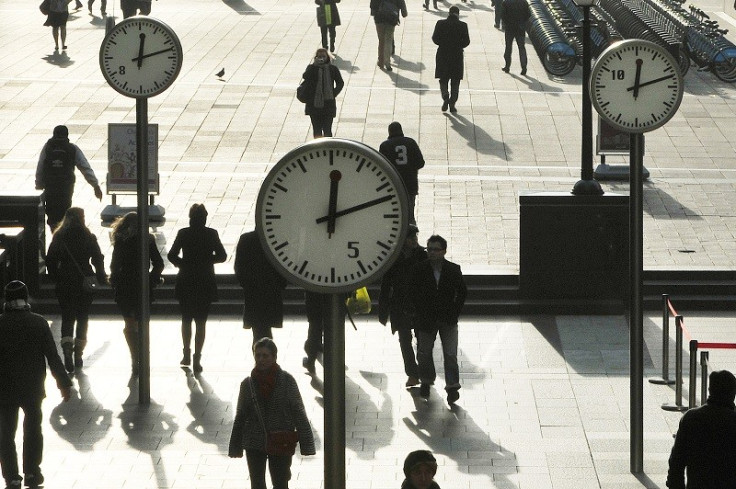British Summer Time 2015: When do the clocks go forward and why?

British Summer Time will begin on the last Sunday in March, as the clocks move forward by one hour to make the evenings longer and mornings darker. The clocks will spring forward one hour at 01:00 Greenwich Mean Time on Sunday 28 March, coinciding with a clock change across the European Union known as Central European Summer Time.
Otherwise known as Daylight Saving Time, BST was first established by the Summer Time Act in 1916. The period ends on the last Sunday in October, when the clocks move back by an hour.
When did we start changing the clocks?
BST was first established by the Summer Time Act in 1916, after a campaign by a builder called William Willett. Reportedly irritated with the "waste" of daylight in the early mornings of summer, he suggested the change in 1907 in a pamphlet called The Waste of Daylight. In 1916, one year after Willett's death, BST began on 21 May and ended on 1 October.
The clocks have not always changed, however. In 1940, in the midst of the Second World War, clocks across Britain were not put back an hour at the end of Summer Time in a bid to save fuel and money. In subsequent years, clocks continued to be advanced by one hour each spring and put back by an hour each autumn until July 1945.

During this time, Britain was therefore two hours ahead of GMT - which was called British Double Summer Time (BDST). This ended in 1945, when the clocks were brought back in line with BST.
In 1968, the government of Harold Wilson embarked on a three-year experiment which saw the nation's clocks shift forward by an hour for the whole year. Faced with darker mornings, Scottish farmers and agricultural groups said the switch to GMT+1 the year round would have a detrimental effect on their livestock and the experiment was ended in 1971, when the House of Commons voted 366 votes to 81 to abandon the change.
What are the benefits?
For some, the annual ritual represents an end to gloomy winter weather, but others have questioned whether we need to continue the tradition of changing the clocks. Yet aside from those who forget and turn up to work an hour late the Monday afterwards, the switch to BST is reported to have several benefits.
Although the 1968 experiment to introduce GMT +1 for the whole year was abandoned, an analysis of road accident data published by HMSO (Her Majesty's Stationery Office) in October 1970 suggested there had been a substantial fall in the number of casualties in the evening. However, the period in which the research was taken coincided with the introduction of Drink-driving legislation and the estimates were modified in 1989.
Others have claimed people who suffer from Seasonal Affective Disorder (SAD) benefit from the extra hour of sunlight, while others suggest there could be economic benefits from putting UK businesses in the same timezone as most of their European counterparts.
© Copyright IBTimes 2024. All rights reserved.





